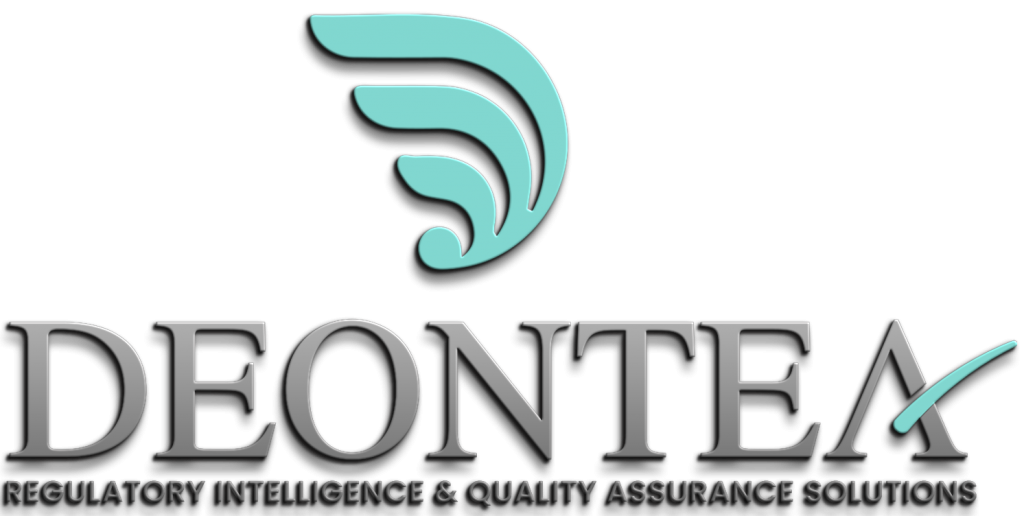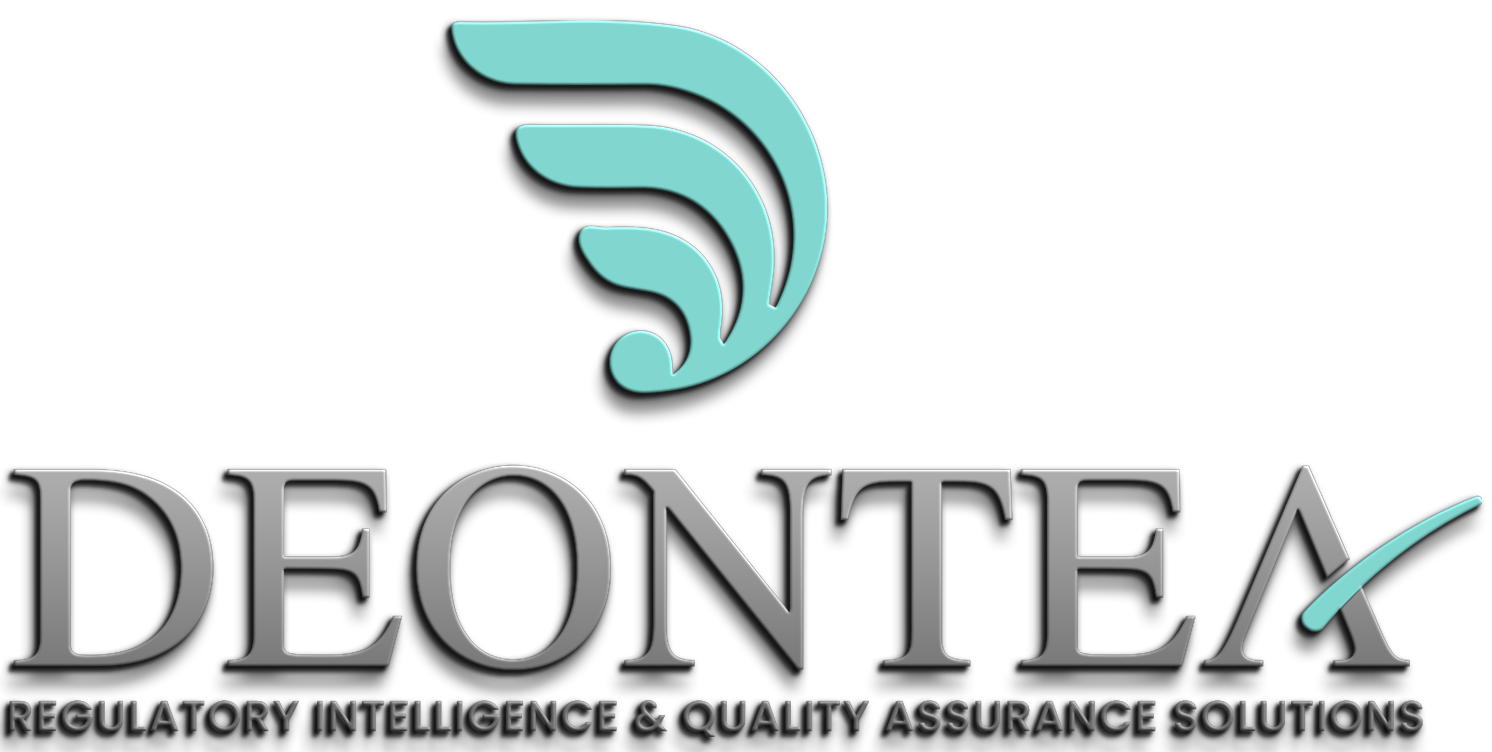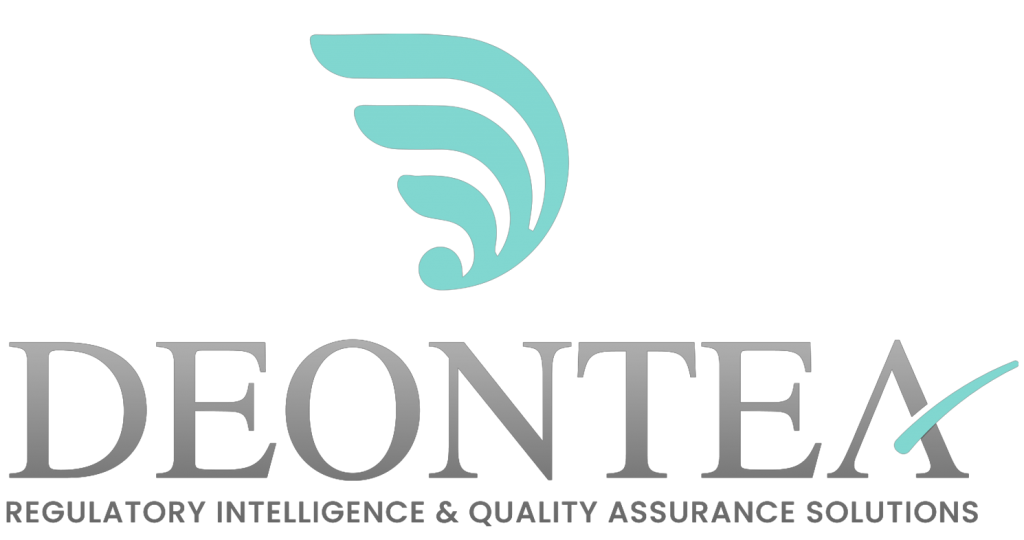AML developments – You need to know
Fight against financial crime remains at the forefront of regulators agenda for 2024. Many new initiatives are expected to be finalised and implemented. Please find here-after some of the most relevant regulatory events that took place late 2023 and during Q1 2024.
28 March 2024
FATF has published a table which sets out the status of implementation of Recommendation 15 by FATF members and other jurisdictions with the most materially important VASP activity.
Recommendation 15: “Countries and financial institutions should identify and assess the money laundering or terrorist financing risks that may arise in relation to (a) the development of new products and new business practices, including new delivery mechanisms, and (b) the use of new or developing technologies for both new and pre-existing products. In the case of financial institutions, such a risk assessment should take place prior to the launch of the new products, business practices or the use of new or developing technologies. They should take appropriate measures to manage and mitigate those risks.
To manage and mitigate the risks emerging from virtual assets, countries should ensure that virtual asset service providers are regulated for AML/CFT purposes, and licensed or registered and subject to effective systems for monitoring and ensuring compliance with the relevant measures called for in the FATF Recommendations.”
This table should be taken into account when carrying out the Business Wide Risk Assessment and corresponding arrangements, systems and controls. It’s the first comprehensive mapping of the state of compliance with FATF recommendations in the realm of crypto assets
28 March 2024
Wolfsberg Group has published Principles for Auditing a Financial Crime Risk Management Programme for Effectiveness under the Wolfsberg Factors. It aims at providing Internal Audit functions whether in-house or outsourced with an effective framework to assess the robustness and effectiveness of AML/CFT arrangement, systems and controls, i.e., Firms’ Financial Crime Risk Management programs.
The document lists the three principles (1. Complying with financial crime laws and regulations, 2. Establishing a reasonable and risk-based set of controls to mitigate the risks of an FI being used to facilitate illicit activity and 3. Providing highly useful information to relevant government agencies3 in defined priority areas that should govern such assessments and provides with effective measures Firms may want to consider when establishing their FCRM programs).
Whilst this publication has no legal and or enforceable value, it may be used by the AML/CFT compliance function to assess and monitor the effectiveness of the designed/implemented FCRM programs
20 March 2024
Wolfsberg Group has published a statement on countering terrorist financing with the aim to updating the previous document published in 2002. The updated statement describes the role of Firms in CTF and the key controls they wish to implement to mitigate and manage the risk of being abused for the FT, as part of a risk-based financial crime compliance programme.
11 March 2024
FATF has updated its Guidance on Beneficial Ownership and Transparency of Legal Arrangements to help countries and firms in implementing R25.
The updated guidance sets out practical directions on how to understand and assess the money laundering and terrorist financing risks associated with trusts and similar legal arrangements. It explains the FATF’s requirements to obtain adequate, accurate and up-to-date beneficial ownership information for express trusts and similar legal arrangements, and highlights mechanisms to verify this information
10 March 2024
FATF has updated its Guidance on Beneficial ownership of Legal Persons to help countries and firms in implementing R24.
The updated guidance explains types and sources of relevant information, and mechanism and sources to obtain such information. This includes the multi-pronged approach, which consists of combining information from, among others, companies themselves, public authorities in a registry, or alternative mechanism if it ensures rapid and efficient access to beneficial ownership information.
The guidance does not amend materially existing rules, but rather clarifies what “adequate information” is. It clarifies the type of information necessary to identify the beneficial owner as well as the type of information that may be useful for confirmation purposes. Accordingly, it reminds that Firms must also identify and record the means and mechanisms through which the natural person(s) exercises beneficial ownership including details to be sought to further confirm those means and mechanisms.
4 March 2024
Wolfsberg Group has updated its Q&A on Country Risk assessment.
A key driver of financial crimes risk for Firms is the customer. In assessing the risk presented by any one particular customer, country risk is one factor among many Firms must consider: country ratings, along with other factors, will inform customer risk rating.
Whilst this publication has no legal and or enforceable value, it may be used by the AML/CFT compliance function to review the methodology implemented in relation to country risk assessment and ranking.
22 November 2023
To follow up on renew interest in relation to corruption, FATF together with the OECD has issued a joint report (“Misuse of Citizenship and Residency by Investment Programs”) which holistically examines money laundering and financial crime risks associated with investment migration programs, including risks related to foreign bribery, fraud and corruption, alongside other policy considerations related to public integrity, tax and migration.
We call them “Golden” or “Investment” passport or visas. FATF highlights that whilst those can present growth/development opportunities for host countries, they also provide criminals with the ability to place assets and family members overseas to prevent or hinder asset recovery efforts, explain suspicious high-value transactions, and enable the movement of significant sums of illicit funds across borders. These programs can act as a gateway for their recipients to the financial systems of both small and large countries, as well as regional markets. They provide new citizens or residents with access they might not have enjoyed by virtue of their original citizenship or country of origin, and the likely lesser scrutiny that comes with being a domestic (as opposed to foreign) actor within their new financial system.
16 November 2023
FATF has released amendments to the FATF Recommendations (e.g., R30, R38, R31 and R40) to provide law enforcement, financial intelligence units, prosecutors, other asset recovery practitioners and competent authorities with a more robust toolkit to target and confiscate criminal assets. It requires countries to establish asset recovery as a priority, both at the domestic and international levels, and to periodically review their confiscation policies and operational frameworks. This includes:
- establish a non-conviction-based confiscation regime in their legal systems
- implementation of extended confiscation, whereby criminals are deprived of assets from a criminal lifestyle
- adopt stronger tools to temporarily freeze, seize, and restrain suspected criminal property while an investigation is at an early stage, including the power to suspend or withhold consent to transactions and freeze and seize expeditiously
- enhanced and more detailed obligations for countries to be able to recognise each other’s preliminary and final court orders concerning assets subject to confiscation
Whilst those improvements do not directly impact Firms, they clearly outlined a stronger commitment of international and national authorities to combat financial crime by depriving criminals from any illegally obtain assets at an early stage. Firms must ensure to have sufficiently robust systems and controls as they will be requested to cooperate and support NCAs work in identifying, freezing, and seizing those assets
22 March 2024
The Commission welcomes today’s agreement between the European Parliament and the Council that the seat of the Authority for Anti-Money Laundering and Countering the Financing of Terrorism (AMLA) should be in Frankfurt.
The agreement on the location of the seat was the last element needed to conclude the negotiations on the Commission’s ambitious package of four legislative proposals to strengthen the EU’s anti-money laundering and countering terrorism financing (AML/CFT) rules.
18 January 2024
The EU Council and European Parliament announced provisional political agreement on two proposals forming part of the European Commission’s EU AML Package. These comprise a Regulation on the prevention of the use of the financial system for the purposes of money laundering and terrorist financing (the “EU Single Rulebook”) and the sixth (6th) Anti-Money Laundering Directive (“AMLD6”).
Those two instruments will replace the existing framework stemming from the AMLD IV as amended. For the first time since early 90’s, EU has elected to use a “regulation” to combat for financial crime
16 January 2024
EBA publishes revised guidelines EBA/GL/2024/01 amending ML/TF Risk Factors Guidelines. They aim at fostering a common understanding of ML/TF risks associated with crypto-assets service providers (CASPs) and the steps CASPs and other credit and financial institutions should take to manage these risks. They will apply from 30 December 2024
11 March 2024
HMRC consults on changes to improve the Money Laundering Regulations while minimising burdens on legitimate customers as part of the overall Economic Crime Plan 2023-26. It closes on 9 June 2024.
It considers four main themes:
- Making customer due diligence more proportionate and effective
- Strengthening system coordination
- Providing clarity on scope of the MLRs
- Reforming registration requirements for the Trust Registration Service
14 December 2023
On 14 December 2023, statutory instrument 2023 No. 1371 (SI 2023/1371) – the Money Laundering and Terrorist Financing (Amendment) Regulations 2023 (the SI) was published, along with an explanatory memorandum. It enters into force on 10 January 2024.
It amends MLRs 2017 in regard to PEPs status by differentiating between domestic and no domestic PEPs. The latter being considered as presenting heightened risk of ML/FT. It enshrines in the law concepts already established in previous guidance
13 November 2023
The FCA published its findings following the multi-firm review it carried-out during 2023 in respect of fraud risks affecting payment services providers including authorised push payment (APP) fraud, money mules and fraud attacks more broadly.
The publication set-out FCA expectations in respect of combating fraud and customers outcomes. It details good and bad practices and recommends reviewing existing arrangements, systems and controls to verify whether they are effective, robust and ensure customers are treated fairly. The main areas of concerns are: 1. Insufficient focus on good customers outcomes, 2. MIs and Remediations primarily focus on commercial risk appetite instead of customer impact and treatment, 3. Poor complaint handling practices and 4. Processes ill adapted to vulnerable customers.
Interesting tool to review the effectiveness of existing arrangements, systems and controls to combat Fraud which represents up to 40% of all crime.
1 February 2024
Tracfin the French FIU have signed an MoU with United Arabs Emirates FIU to reinforce bilateral cooperation on AML/CFT related matters. It aims at facilitating the exchange of information relating to suspicious financial transactions
21 November 2023
Mutuelle de Poitiers Assurances has been fined €600k. The ACPR has established that the Insurer (non-life) asset freezing arrangements were structurally flawed at the time of the audit and did not allow to implement without delay the restrictive measures for all the persons targeted nor to immediately inform the DG Trésor.
7 February 2024
CSSF has published an updated Private Banking Sub-Sector Risk Assessment first issued in 2019.
The risk assessment has been updated in several areas among others:
- TF threats
- Emerging and increased risks: financial sanctions, outsourcing, new technologies, virtual assets, professional money laundered or intermediaries acting on behalf of criminals.
CSSF reminds that Firms are expected to use this risk assessment to review and strengthen their understanding of ML/TF threats and vulnerabilities and further contribute towards the development of proportionate and effective controls
29 January 2024
CSSF has published the slides used during the 2024 AML/CFT Conference Dedicated to Specialised Professionals of the Financial Sector.
25 March 2024
Bank Audi S.A. has been fined CHF3.9m for serious shortcomings in the prevention of money laundering thus violating the financial market law. FINMA has also ordered Pillar 2 surcharge of CHF19m. The main violations concern the failure to submit an internal audit report pointed out shortcomings in the prevention of money laundering with regard to certain relationships and poor due diligence measures regarding identification and clarification in respect of the origin of assets, purposes of transactions and PEPs relationships
27 February 2024
Switzerland and Panama have signed a new bilateral agreement of cooperation to fight financial crime and in particular money laundering, financing of terrorism, and bribery and corruption. It’s the first time a treaty of this type authorises the electronic transmission of requests for mutual assistance.
We can assist you in designing, implementing or assessing your AML/CFT arrangements. Visit Our impact page to learn how we have helped our clients to achieve their objectives, see how an AML/CTF Risk Assessment can help you design a compliant framework or ask a question








